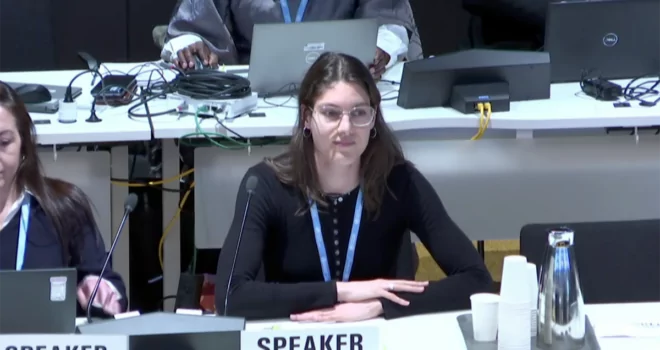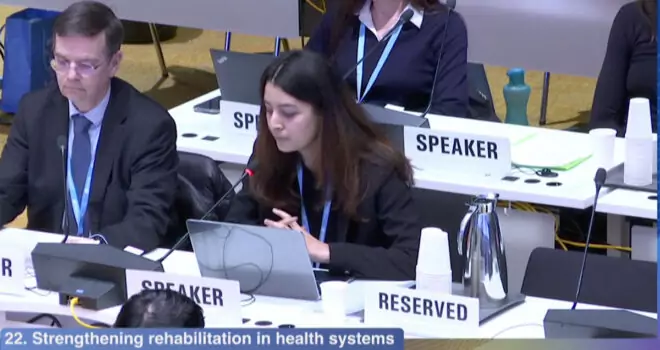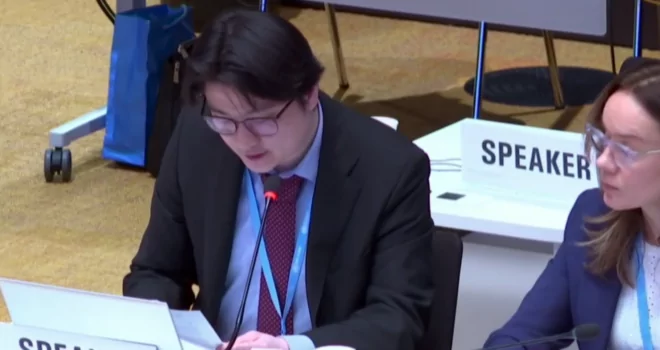This statement was submitted for the session Emergencies in the Eastern Mediterranean at the Seventy-Second Session of the WHO Regional Committee for the Eastern Mediterranean
Honourable Chair,
Distinguished Delegates,
The World Heart Federation commends WHO and Member States for the strides made in implementing the Regional Framework for Action on Addressing Noncommunicable Diseases in Emergencies.
The Eastern Mediterranean region continues to bear the heaviest burden of humanitarian crises worldwide, with an estimated 115 million people – around 38% of global humanitarian needs – requiring urgent assistance.
Noncommunicable diseases, including cardiovascular disease, remain the leading cause of premature mortality in the region, responsible for over 2.8 million deaths each year. People Living with NCDs are particularly vulnerable in emergency settings due to strained health systems and disrupted services. Shifting priorities, unsafe facilities, and limited access to care contribute to preventable NCD-related morbidity and mortality. Evidence indicates that NCD complications occur two to three times more frequently in emergency contexts than in stable settings, with significantly higher rates of premature mortality.
WHF urges Member States to:
- Prioritize the needs of people living with NCDs in health emergencies, elevating NCDs within regional and global health security agendas;
- Integrate essential NCD services into emergency preparedness, response, and recovery plans;
- Strengthen primary healthcare and universal health coverage to build resilient systems that provide continuous and equitable NCD care – from diagnosis to treatment and access to essential medicines – through the implementation of the WHO HEARTS and WHO PEN packages;
- Improve the collection, analysis, and use of interoperable data to inform timely decision-making and response; and
- Implement all relevant regional strategies and frameworks in alignment with the International Health Regulations and the WHO Pandemic Agreement.
Finally, we call on WHO EMRO to consider developing a dedicated regional emergency response framework for NCDs.
Thank you.


